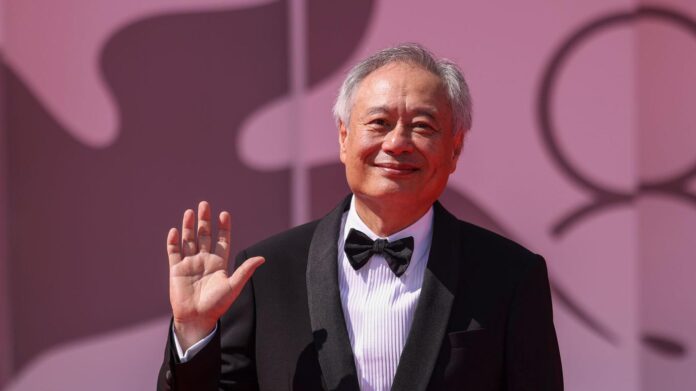
This year, the highly endowed Praemium Imperiale cultural prize in the theater and film category goes to the Taiwanese-American star director Ang Lee. Other prize winners are the French conceptual artist Sophie Calle, the Colombian sculptor Doris Salcedo, the Japanese architect Shigeru Ban and the Portuguese pianist Maria João Pires. The five names were announced in Berlin by the former Goethe Institute President Klaus-Dieter Lehmann.
The renowned Praemium Imperiale has been awarded annually by the Japan Art Association for 35 years and sees itself as the “Nobel Prize of the Arts”. It is endowed with 15 million yen (around 100,000 euros) in five categories. To date, 175 artists from 31 nations have been honored. The organizers say they select groundbreaking artists “whose work enriches the world in a special way”. The prize is awarded each October by the Japanese imperial family.
“With this year’s selection of artists, the Praemium Imperiale conveys the productive, habit-breaking power of art in the coexistence of people, which directly connects art and life, shows perspectives, moves boundaries and breaks taboos,” explained Lehmann.
Five extraordinary artists
Ang Lee, who was born in Taiwan and works in the USA, is considered one of the most successful directors in the world. He has won several Oscars, including for best director of the films “Brokeback Mountain” and “Life of Pi”, as well as two Golden Bears at the Berlinale.
Sophie Calle works with photographs, videos, installations and texts and is considered one of the leading conceptual artists from France. “She uncovers the everyday and the unspoken, puts it on display, makes viewers of her art acquainted with secrets and thus allows them to reflect again and again on their own perception and the perception of others,” she says in her tribute.
The Colombian sculptor Doris Salcedo is also an installation artist. Against the backdrop of the decades-long civil war in Colombia, she deals with war and displacement, with the pain and trauma of the victims, as the organizers of the Praemium Imperiale write.
The Japanese architect Shigeru Ban impressed the jury with “his distinctive design language and material innovation.” His architecture is monumental, but his sustainable constructions made of wood or cardboard also impress with their lightness and transparency, it was said.
The Lisbon-born pianist Maria João Pires is considered by the organizers of the Praemium Imperiale to be a “poet on the piano” and plays with impressive delicacy and dynamism. Pires says of her instrument: “The sound of the piano and its vibrations fascinated me immediately. It became my friend, I could play with it.”
© dpa-infocom, dpa:240910-930-228287/1
This is a message directly from the dpa news channel.
